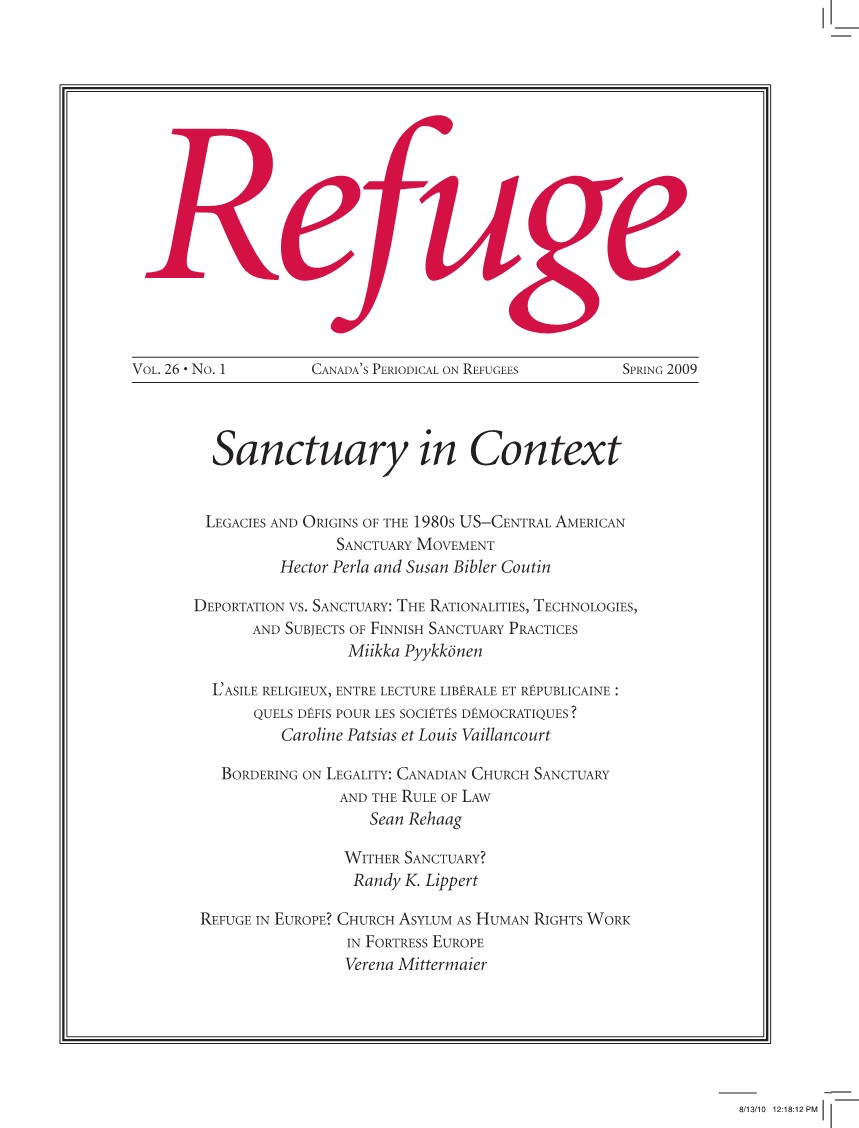From Political Instrument to Protection Tool? Resettlement of Refugees and North-South Relations
DOI:
https://doi.org/10.25071/1920-7336.30610Keywords:
North-South relations, forced migration, refugees, durable solutions, refugee protection, resettlement, geopoliticsAbstract
Lacking a clear legal definition, the conceptualization and application of durable solutions have been highly influenced by states’ interests that were often at odds with humanitarian concerns on refugee protection. During the Cold War resettlement was perceived as the preferred durable solution, although it was selectively applied to different refugee crises in the South. With the asylum crisis in the 1980s and the end of the Cold War, a new agenda of containment emerged as Northern countries’ interest in receiving refugees declined. During the 1990s voluntary repatriation emerged as a new preferred solution and there was an effort to redefine and adapt resettlement to a new context. This process focused on detaching resettlement from its previous political and immigration character and redefining it as an exclusive protection tool and instrument of international co-operation.Hence, resettlement in the post-Cold War era is characterized by depoliticization, a smaller number of beneficiaries, and geographic expansion. However, it is important to critically question whether such depoliticization has happened in fact, the reasons behind it, and its relation to North-South politics and containment strategies.
Metrics
Downloads
Published
How to Cite
Issue
Section
License
Copyright (c) 2010 Thais Bessa

This work is licensed under a Creative Commons Attribution-NonCommercial 4.0 International License.
Refuge authors retain the copyright over their work, and license it to the general public under the Creative Commons Attribution-Non Commercial License International (CC BY-NC 4.0). This license allows for non-commercial use, reproduction and adaption of the material in any medium or format, with proper attribution. For general information on Creative Commons licences, visit the Creative Commons site. For the CC BY-NC 4.0 license, review the human readable summary.







